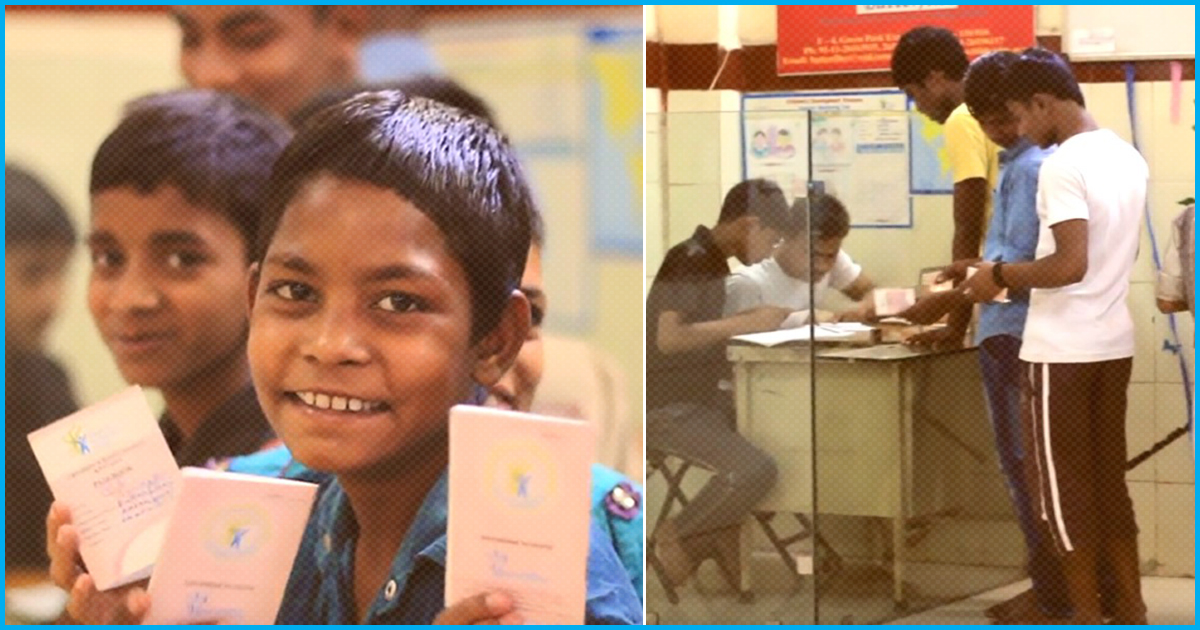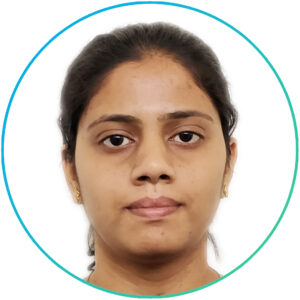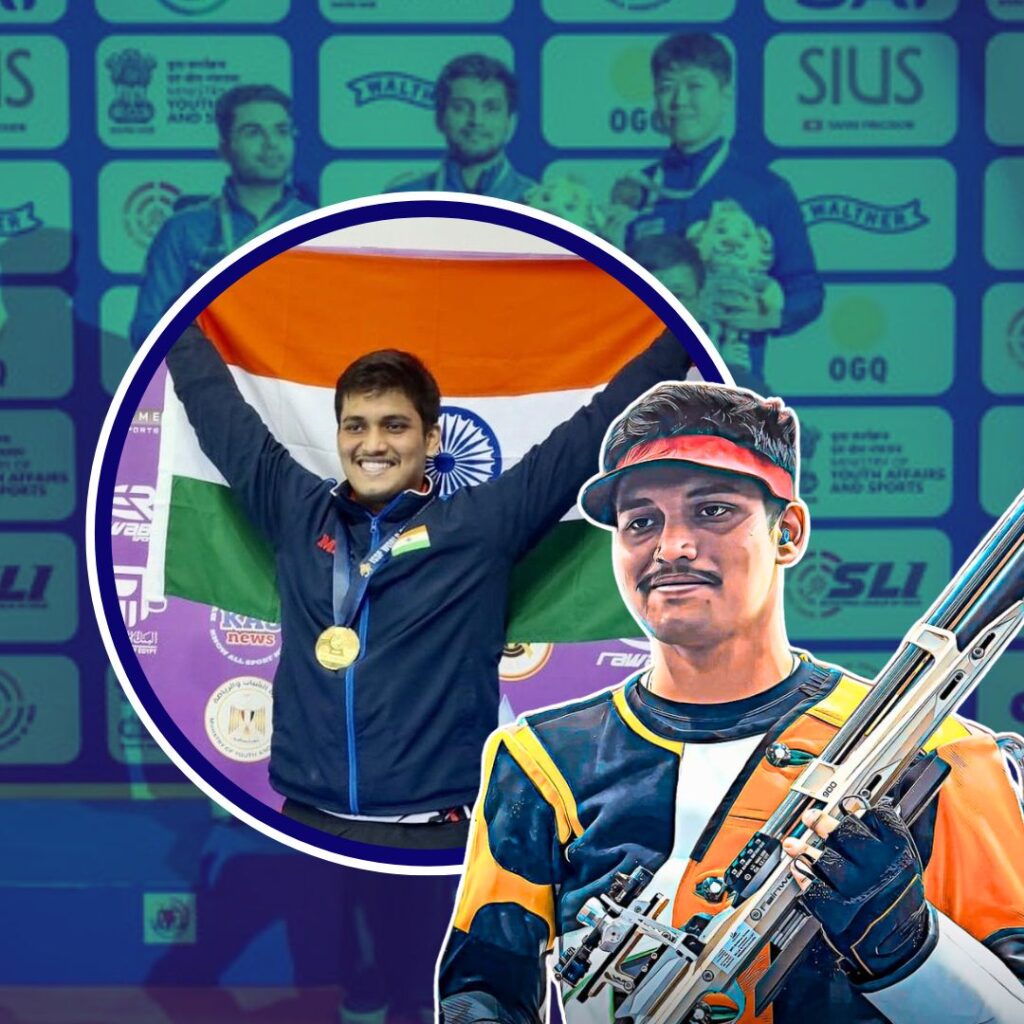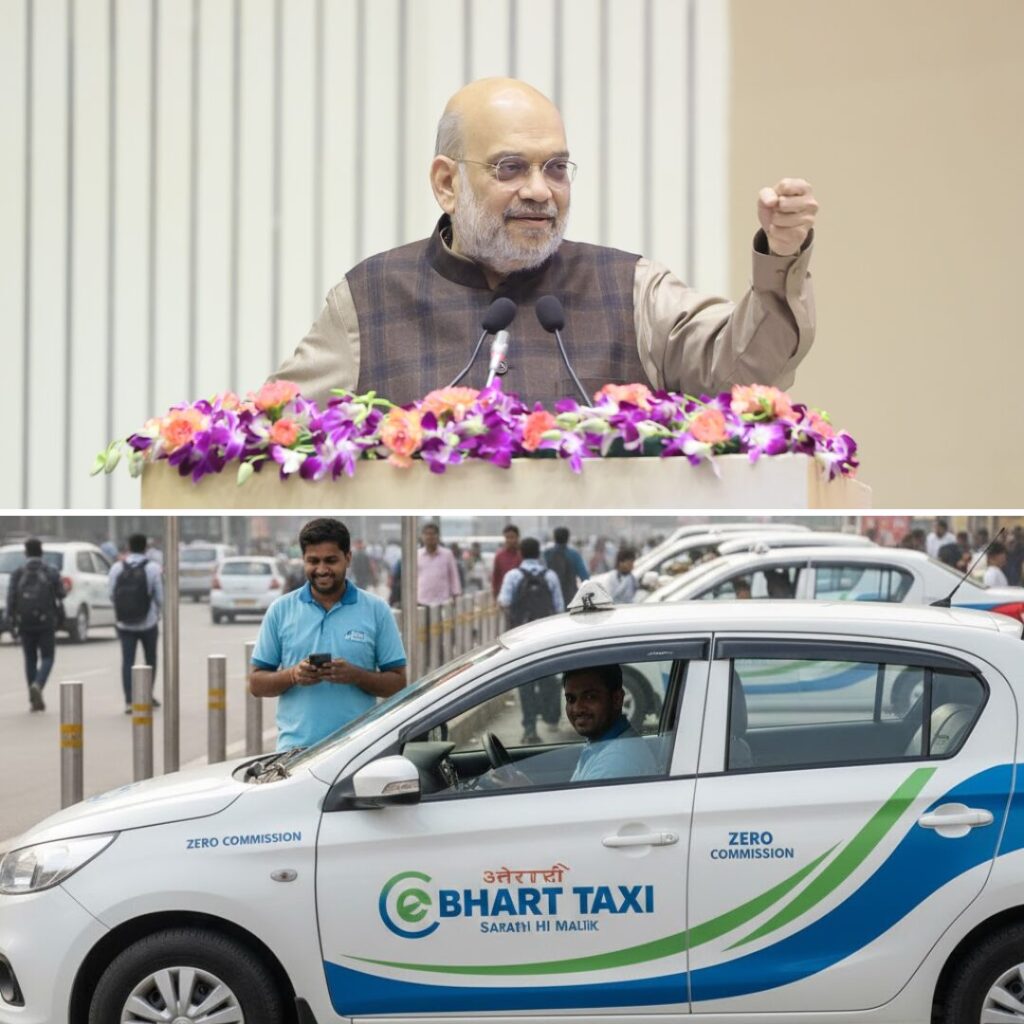A 2016 UNICEF report revealed that out of almost 385 million children in India, 30% or over 115 million children live in extreme poverty. This number was said to be the highest in India among the South Asian countries. Most of these children live on the streets for lack of option.
These disadvantaged and marginalised children are often left struggling every day for bare basic minimum necessities like a two-square meal and a place to sleep at night. Education, life skills and savings are things which they are forced to overlook. Most of these children work to make a living. To address their basic needs, an NGO Butterflies India runs a life skill program named the “Children’s Development Khazana” (CDK) for these children. These Khazanas are run by the children, for the children. In these Khazanas, children deposit whatever they earn. Every one of them is also given a passbook.

Children’s Development Khazana
Sujay Joseph from the Butterflies India told The Logical Indian, “Children’s Development Khazana (CDK) is a life skill education programme, educating democratic values and financial management to children and adolescents”. CDK’s main aim is to teach street children aged between 9 and 18 to be responsible and on how to budget and save. “Any rural, urban and ethnic communities’ child can be a member of Khazana, which is their own and is run by children themselves, under the guidance of adult facilitators,” Mr Joseph said.

CDK was conceptualized in 2001 and as of now operates out of nine states and Union Territories – Jammu & Kashmir, Kerala, Delhi, Bihar, Jharkhand, Odisha, Rajasthan, Andaman & Nicobar Islands and Maharashtra. Not only India, but CDK also has its presence internationally too and is working in collaboration with partner organisations in seven countries (five in Asia, two in Africa).

For the children, by the children

Primarily run and managed by children, these Khazanas is additionally facilitated by an adult facilitator. Every six months, member children elect a Child Volunteer Manager (CVM) and an Assistant Child Volunteer Manager (ACVM). Post the voting, the elected CVM and ACVM undergo training on how to run and manage their respective CDK. They are also taught how to manage the Cash Book, Ledger Book and Pass Books of the members, told Mr Joseph. He further adds, “For each implementing organization, the amount deposited by children in their CDK account is then deposited in a mainstream bank in a separate CDK account and not in the organisation’s account.”

Members of the cooperative are encouraged to save for their future and are trained in managing their finances. Like any other cooperative, children receive incentive on their saved amount. They have an option of taking advances in cases, like helping parents build pucca homes, health emergencies, school fees and other education-related needs. “If any member needs an advance (categorized into development advance & welfare advance), he/she presents his proposal before the advance committee (elected by children in a similar way), who then review his/her proposal and based on his/her situation, the ability to pay back, viability of the proposal grants the advance after agreeing to the terms of the advance,” says Mr Joseph. Notably, there are 16,912 members worldwide of these CDK and a total of $82,061 has been saved (as of March 31, 2018).

Not just finance management, children are also taught valuable life skills like communication, gender equality and sensitivity and entrepreneurship are also taught to kids.
NGO Butterflies
Butterflies was founded by Rita Panicker, who also serves as its Executive Director. The organisation was founded in 1989 and since then has been working with vulnerable children. In 1987, Panicker along with Dr Praveen Nangia of Jawaharlal Nehru University, on the behest of UNICEF, conducted a survey among street children. It was during this study, Panicker understood that more than anything else, these children pinned for independence and to take charge of their own lives. This very point of enabling these kids to participate in decisions related to their lives became the core value of Butterflies.
Apart from CDK, Butterflies also runs a Child Health Cooperative, Children’s media, Resilience Centre and Childline, Right to Play and Child Social Protection Committee Programme. The NGO also imparts vocational training. It actively advocates policies and programmes related to the welfare and well-being of all children.
The Logical Indian Take
The Logical Indian believes that all children deserve a safe and secure childhood. They all deserve to be guided and taught on how to transform into a responsible, conscious and independent adult. It is highly appreciable that NGO Butterflies has undertaken such a unique program and is preparing them not only for their daily challenges but also for their future.
Also Read: This Newspaper Is Run And Edited By Street Children












